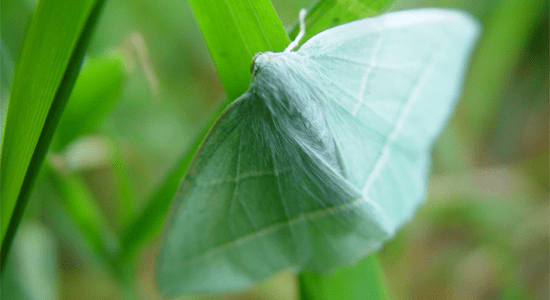She was a moth Silver and ivory. The smells of recipes filled my nose. That’s how I knew she was home That’s how I knew she was well. I’d get out of bed No hesitation And fly like her, to where she was. Debussy was my favorite alarm clock. She’d fill my belly Prepare me for the day. When I was young, I never wanted to go to school “Staying with you would be better for me” I’d say. Sometimes she gave in. We’d dissect the dictionary Collect rocks along the shore. Make visits, recite shows She understood me. I woke up late one morning Too late. The house didn’t scent But solitude and silence Created a void. I became waxy and old As I flipped through My dictionary searching For a word to fill it. She was gone And I was alone for once Stoned with ash. Eight years old I remember I came home to the buzzer Echoing in my ears. Tortellini in the oven. Debussy on the player. Valse Romantique in F minor. My mother dancing in a golden apron, Beside the window. The view of the mountains Outlining her steps. She was always a natural woman. Never afraid to reveal Her organic well-being. She believed in a covert current Excreted from the earth. An upward motion of energy Through your body, to the stars. “That’s why we dance.” She said. “There is no motion that isn’t moved by something.” Her crystals and garments Flew from side to side Living entirely with gravity. She collected crystals She collected stones of all kinds She would spend hours Under a light Examining the curves Looking for some kind of galaxy Within them. She wore opal crystals That day in the kitchen. My last faded memory of her. I can’t even hear the Sound of her voice anymore. Only disjointed squeaks And moans of my mind searching Itself for another memory. I can only remember the sound Of her crystals hitting her body When she danced. Living entirely with gravity.
March 2012
On Seeing My Last Name
the landlady asks if I’m Slavic and I say yes, at least the last name is. And she says Slavic women are the best— at what exactly, I can only guess. But I’m not really. Slavic, I mean. It was my grandfather’s name, my father’s father, and he died when I was six. He was Latvian, rural born, fought in the war, went to England first, and came to Canada for the land. Mostly, I recall that he would walk his fingers across the kitchen table to make me laugh when I was small. The landlady hands me the keys with a secretive smile and a wink as though we’re inextricably linked by some murky trail of shared history. I smile back, even as I realize how little I know of the intricacies of this past— just a vague point on a map, a few handpicked details and this, the passing down of names.

